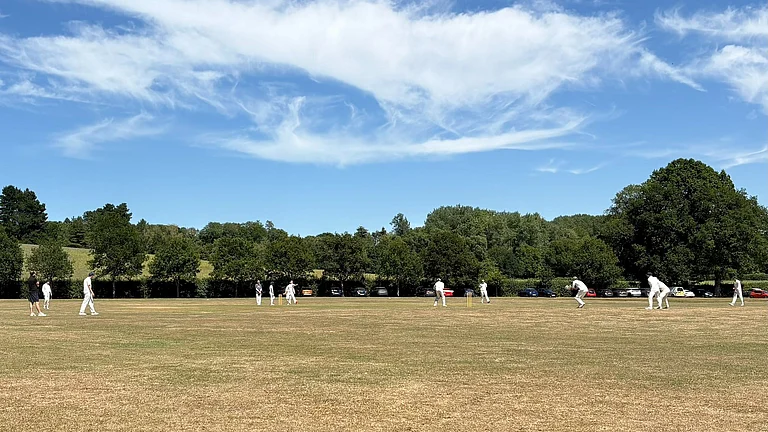Physical presence of government officials in courts may not be necessary except in judicial proceedings involving recording of evidence, the Supreme Court said on Wednesday in its standard operating procedure meant to regulate the summoning of officials by courts across the country.
The standard operating procedure (SOP) was formulated by a bench comprising Chief Justice D Y Chandrachud and Justices JB Pardiwala and Manoj Misra in a judgement which came on an appeal of the Uttar Pradesh government.
The Allahabad High Court had ordered the arrest of Secretary (Finance) and the Special Secretary (Finance) of the state for moving an application seeking recall of the order by which the government was asked to notify the rules farmed by the chief justice for prividing domestic servants to retired chief justices and judges of the high court.
“This Standard Operating Procedure is applicable to all court proceedings involving the government in cases before the Supreme Court, High Courts and all other courts acting under their respective appellate and/or original jurisdiction or proceedings related to contempt of court,” the judgement said.
The SOP said in evidence-based adjudication the presence of the officials may be needed.
“These proceedings involve evidence such as documents or oral statements. In these proceedings, a government official may be required to be physically present for testimony or to present relevant documents. Rules of procedure, such as the Code of Civil Procedure, 1908, or Criminal Procedure Code 1973, govern these proceedings,” the SOP said.
In cases other than evidence recording, the issues can be addressed through affidavits and other documents and physical presence may not be necessary and should not be directed as a routine measure, it said.
“The court should exercise caution and restraint when initiating contempt proceedings, ensuring a judicious and fair process,” it said.
“In exceptional cases wherein the in-person appearance of a government official is called for by the court, the court should allow as a first option, the officer to appear before it through video conferencing,” it said.
“The Invitation Link for VC appearance and viewing, as the case may be, must be sent by the Registry of the court to the given mobile no(s)/e-mail id(s) by SMS/email/WhatsApp of the concerned official at least one day before the scheduled hearing,” the SOP said.
When the personal presence of an official is directed, reasons should be recorded as to why such presence is required, it said.
“Due notice for in-person appearance, giving sufficient time for such appearance, must be served in advance to the official. This would enable the official to come prepared and render due assistance to the court for proper adjudication of the matter for which they have been summoned,” it said.





















